

Medical Marijuana Can Alleviate Health Problems
Medical marijuana has become one of the most talked-about natural treatment options across Canada. This plant contains two primary compounds—cannabidiol (CBD) and tetrahydrocannabinol (THC). CBD interacts with the body’s endocannabinoid system to help reduce inflammation and promote relaxation without producing a high, while THC provides therapeutic benefits for pain, nausea, sleep, and appetite. Together, they help restore balance in the body and may improve overall quality of life for many patients.
For people managing anxiety, studies suggest that smaller, doctor-recommended doses of cannabis can reduce stress and improve mood. However, too much THC can have the opposite effect, increasing anxiety or paranoia—one of many reasons professional guidance is important.
Patients with Alzheimer’s disease have also seen encouraging results. Research shows that THC can slow the buildup of amyloid plaques in the brain that are linked to memory loss and cognitive decline. Similarly, people with Crohn’s disease or ulcerative colitis have found relief, as cannabinoids help calm inflammation in the digestive system and improve gut health.
Medical marijuana can also ease arthritis symptoms. Patients report less pain, better sleep, and improved mobility when using cannabis oils, capsules, or topical creams. Studies suggest it may also help regulate metabolism—patients who use medical cannabis moderately often have lower insulin levels and healthier body weight. For those living with Parkinson’s disease, cannabis may help reduce tremors, stiffness, and sleep issues, improving overall comfort.
Some Canadians use medical cannabis to help reduce alcohol dependence or improve sleep. Its neuroprotective effects can aid recovery after concussions or trauma, protecting brain cells from further injury. Autoimmune disorders like lupus may also respond well to cannabinoids, as they help calm the immune system and reduce chronic pain and inflammation.
Under Health Canada’s current medical cannabis regulations, there are no restrictions on which conditions a practitioner may authorize. Patients can access medical cannabis through a licensed doctor, and those who wish to cultivate their own medicine may apply for a Personal Grow Licence under the ACMPR framework. This licence allows patients to grow a limited number of cannabis plants for personal medical use, providing long-term accessibility and control over their treatment.
Across Canada, cannabis patient educators and licensed healthcare professionals help patients understand how to use medical cannabis safely and effectively. The goal is compassionate, personalized care for every Canadian who may benefit from this plant’s therapeutic properties.
If you want to learn more about how to access or grow medical cannabis legally in Canada, visit GrowLegally for educational resources and professional guidance.
Frequently Asked Questions
How many cannabis plants can I grow with a personal licence in Canada?
Health Canada determines your plant limit based on your daily prescription amount. The higher your prescribed dosage, the more plants you can grow. Limits typically range from a few indoor plants to several dozen, depending on your authorization.
What conditions qualify for medical cannabis in Canada?
There are no specific restrictions. Practitioners can authorize cannabis for any condition they believe may benefit, including chronic pain, PTSD, arthritis, insomnia, anxiety, and neurological disorders.
Do veterans have access to medical cannabis?
Yes. Veterans Affairs Canada reimburses eligible veterans for medical cannabis prescriptions, and organizations like GrowVets help with the authorization and application process.
Can I get a medical marijuana card online?
Yes. Many medical cannabis clinics in Toronto and across Canada offer secure virtual consultations to obtain your medical marijuana card and guidance on how to register with a licensed producer or apply for a grow licence.
Previous Post
Next Post

Storing Medical Cannabis – Learn how to properly store your cannabis and keep its potency strong.
Go To Post
Before Acquiring Medical Marijuana, Here Are 2 Questions That Your Doctor Is Likely To Ask You (Plus a Bonus One!)
Go To Post





.png)

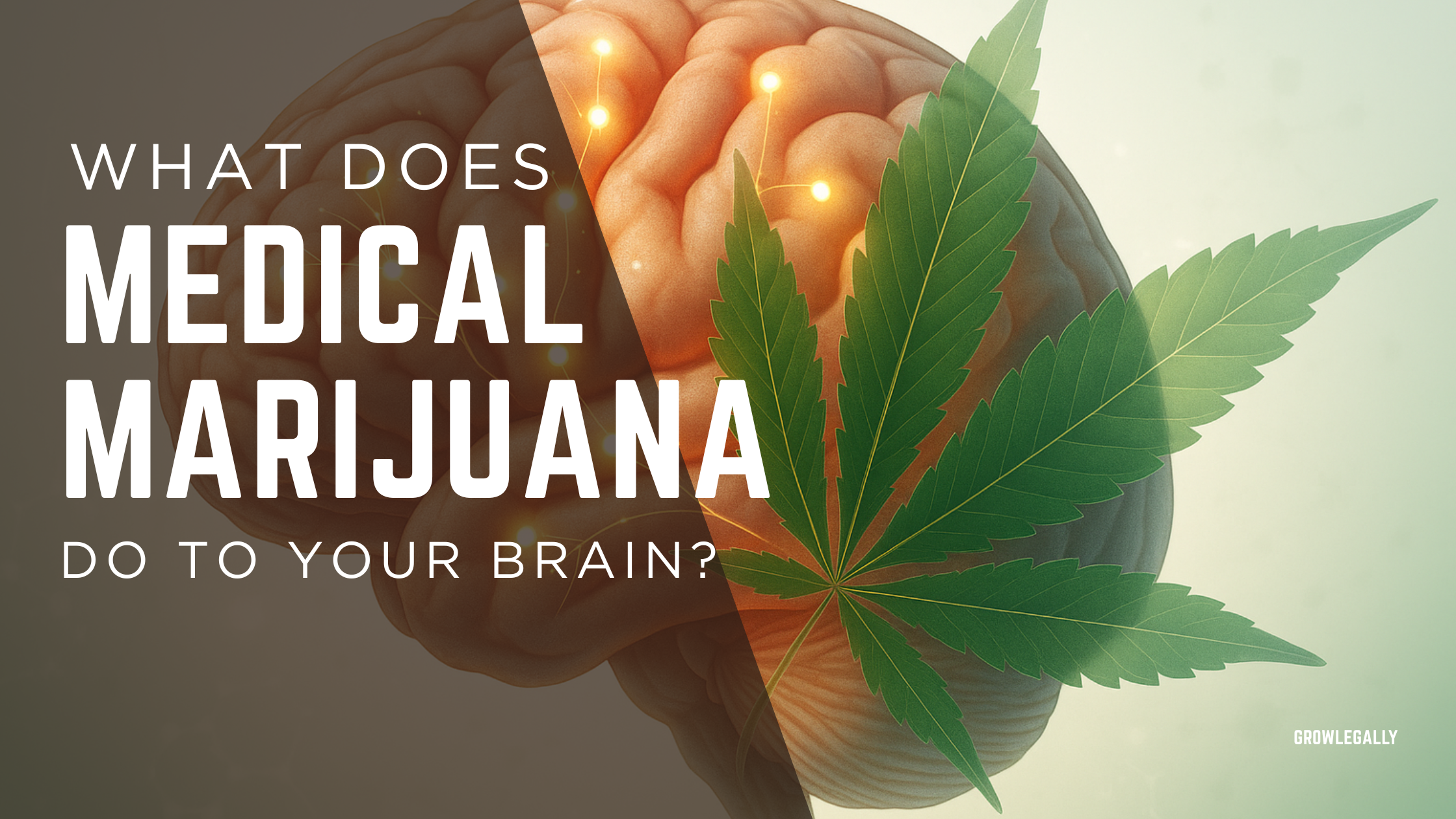
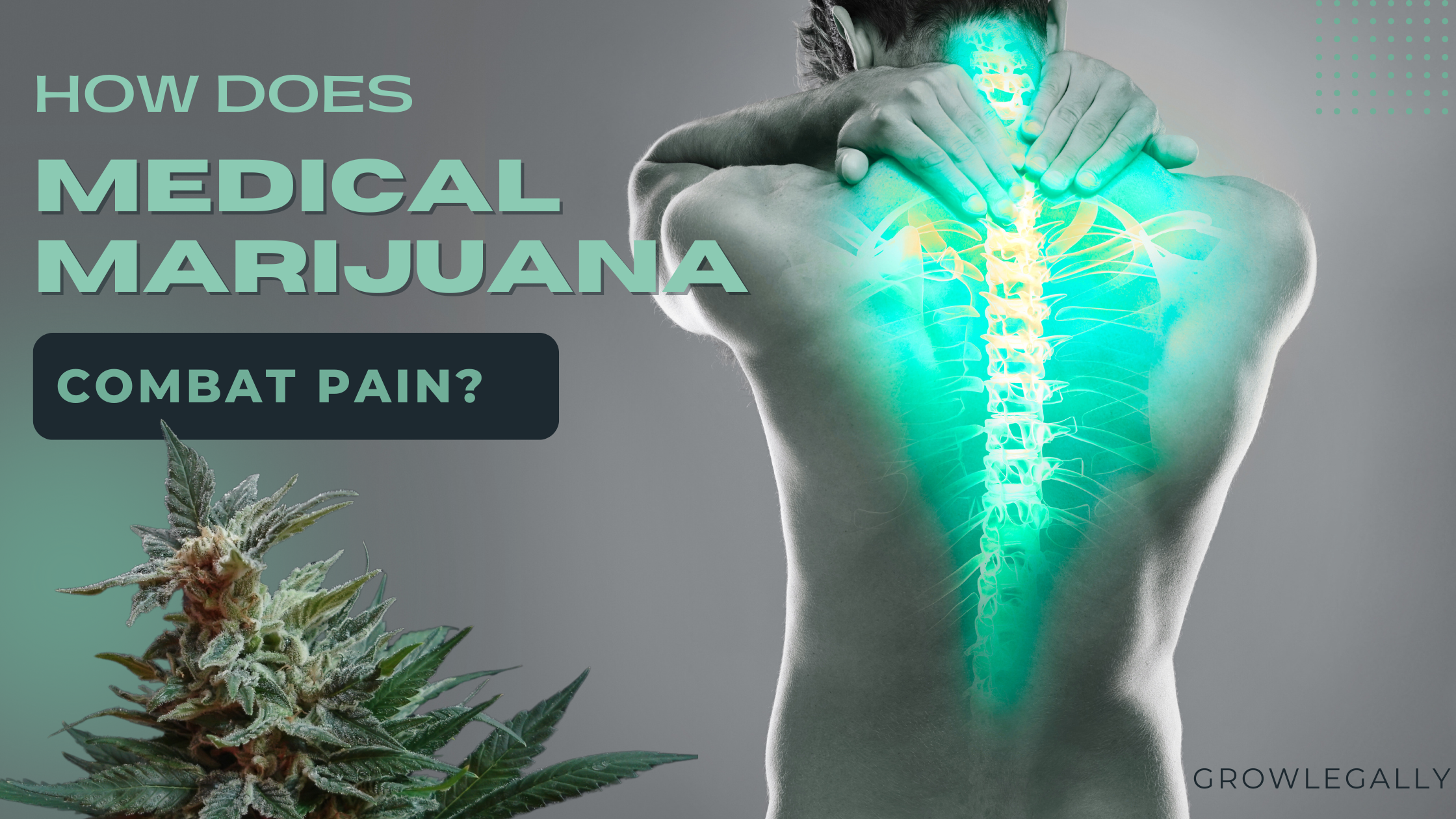
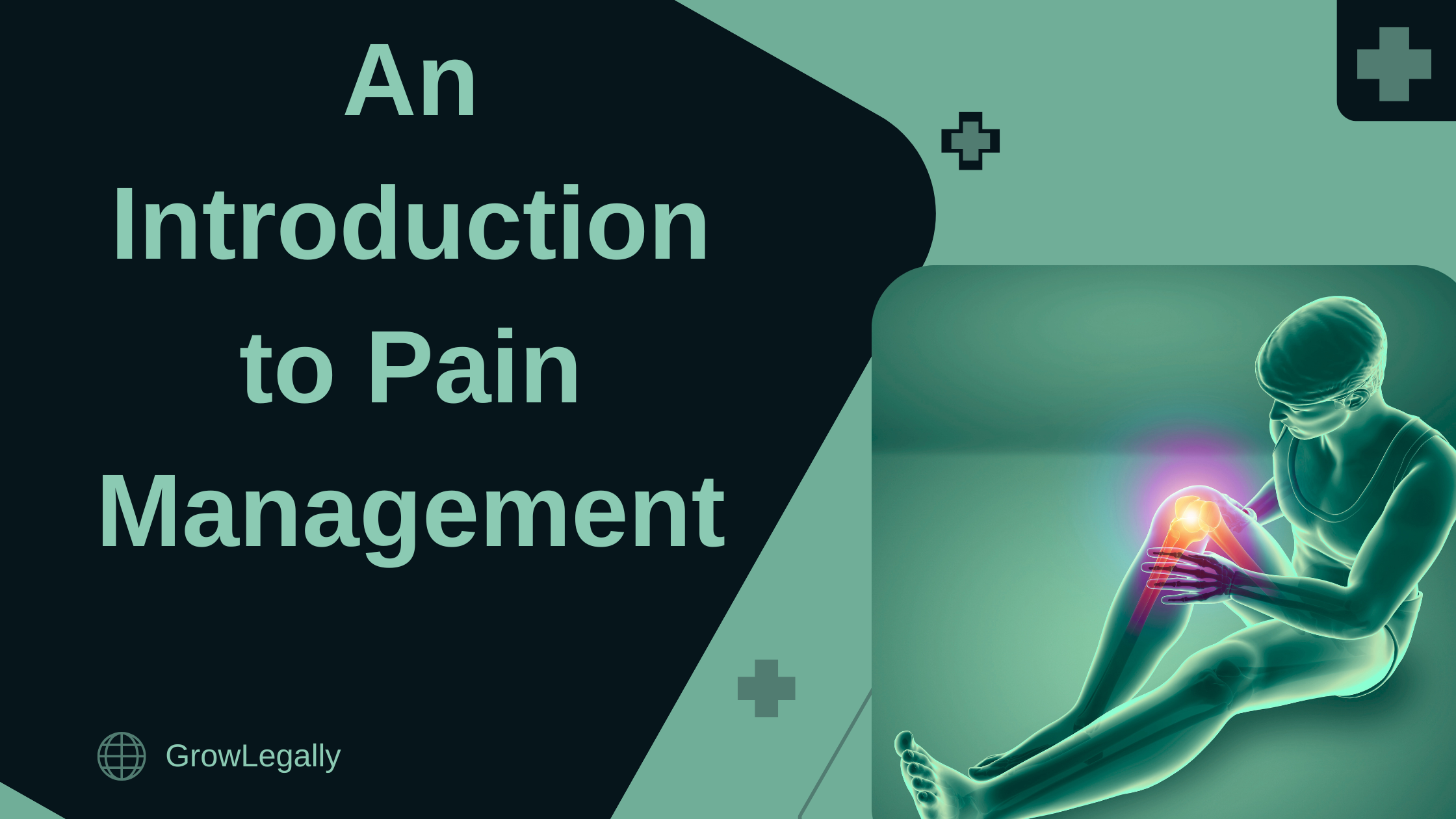

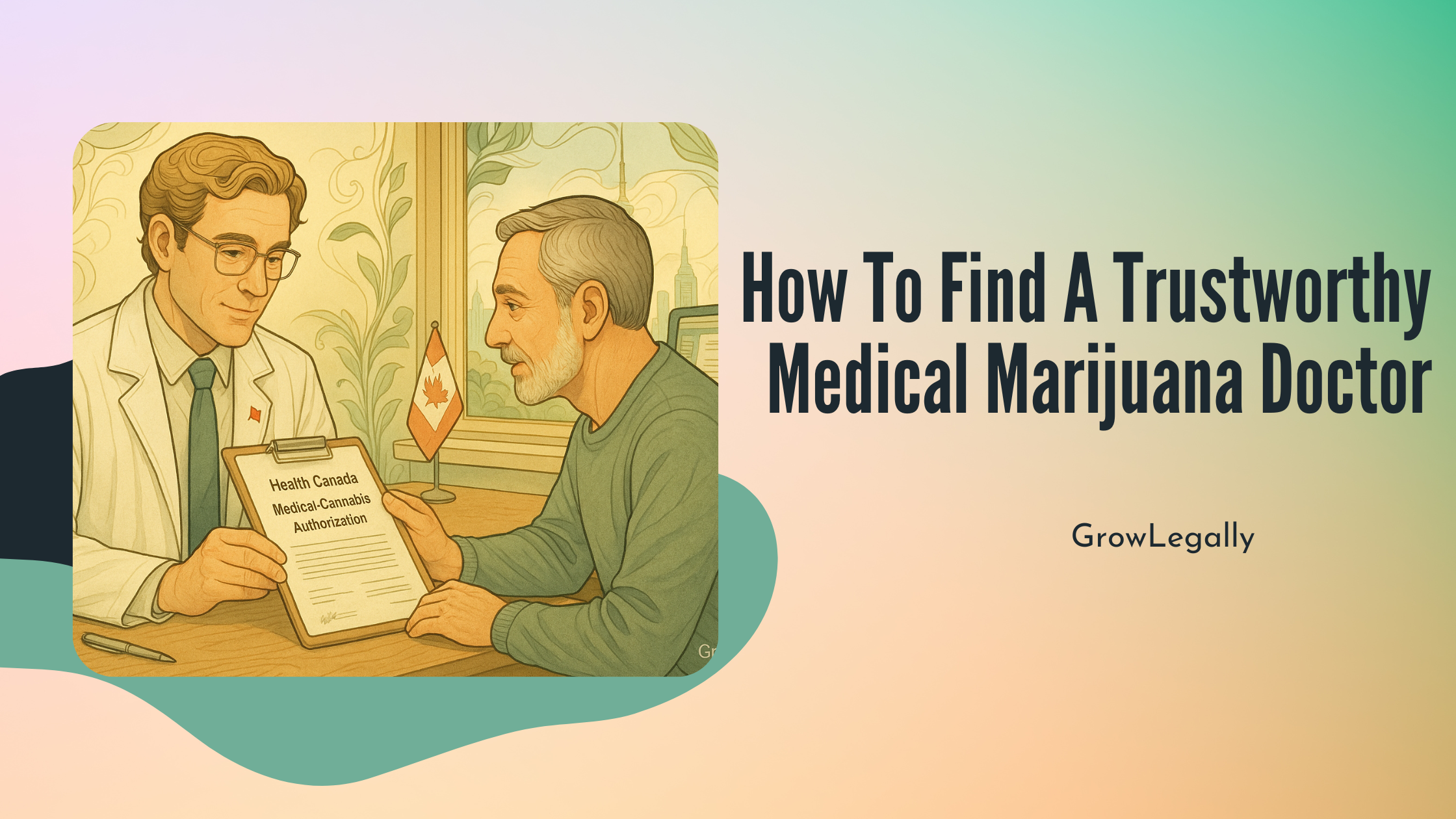

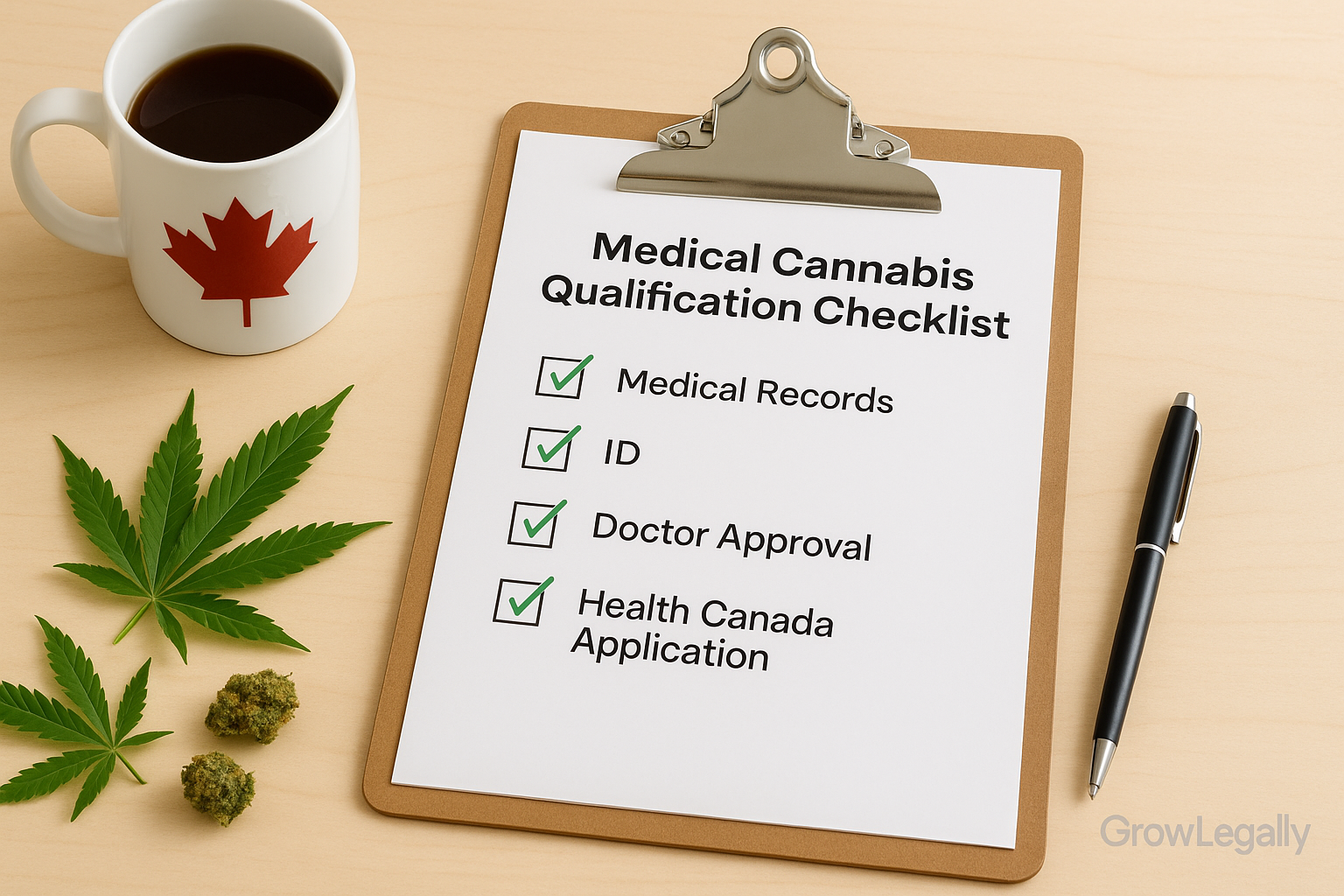
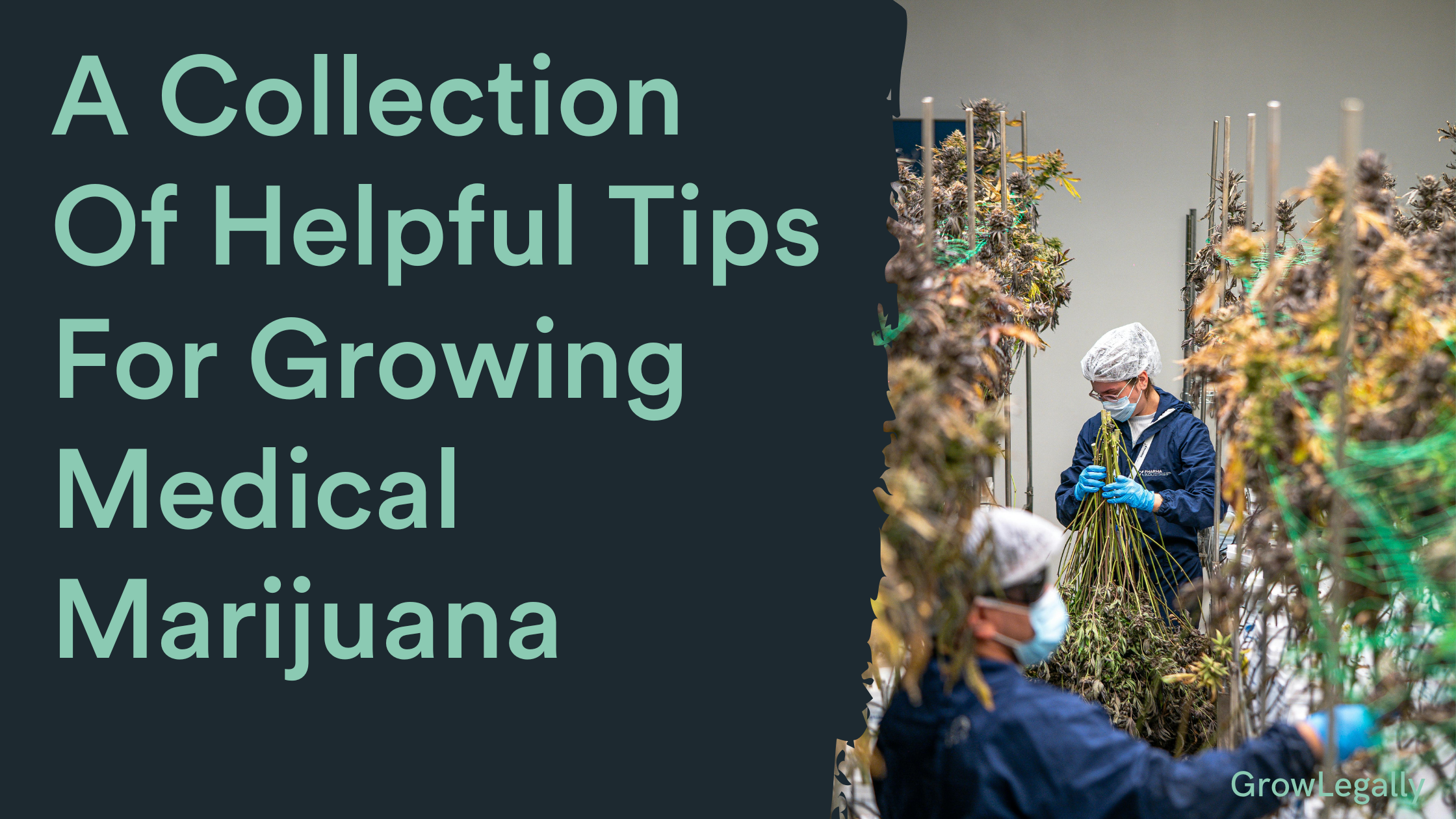
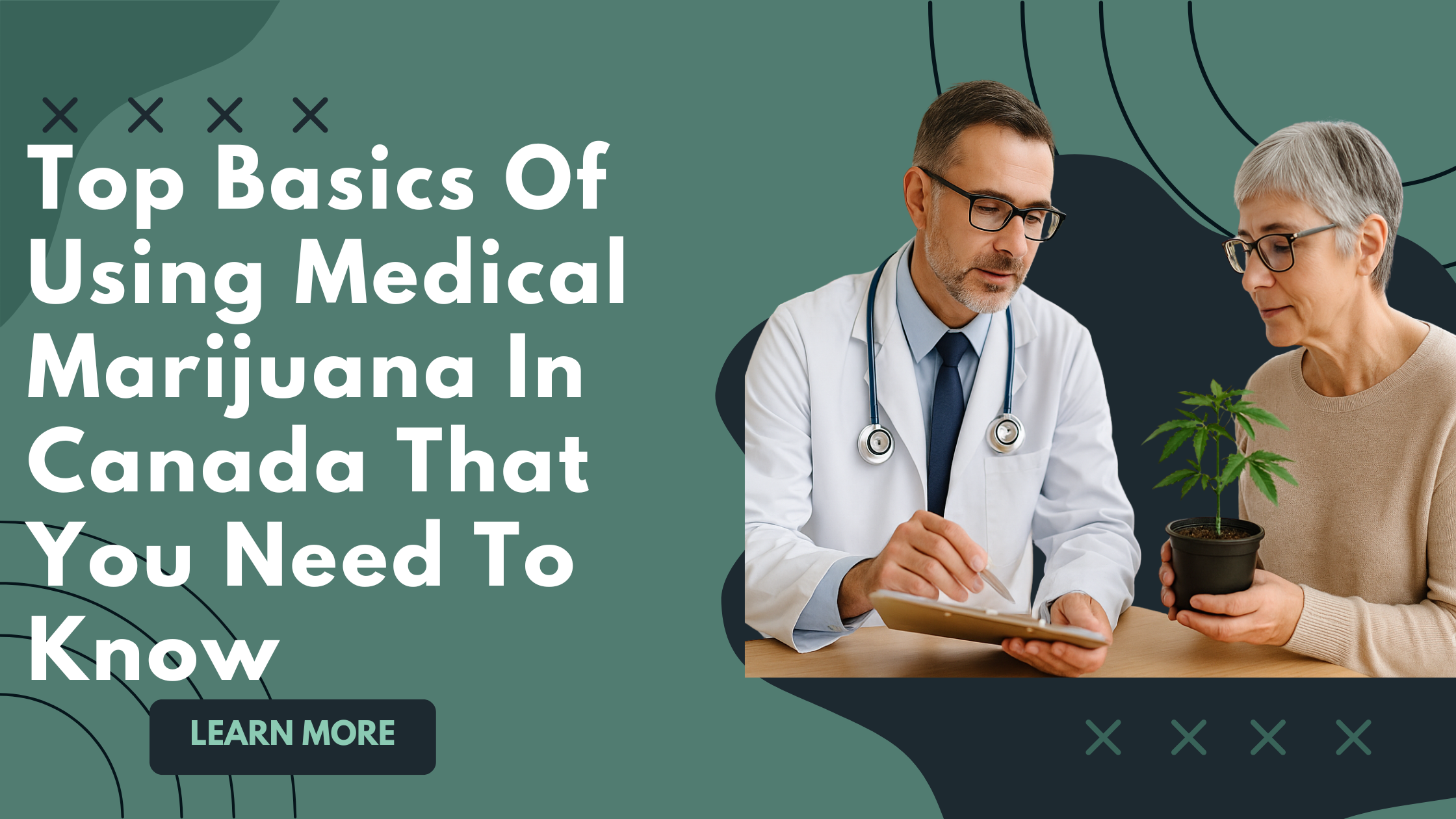
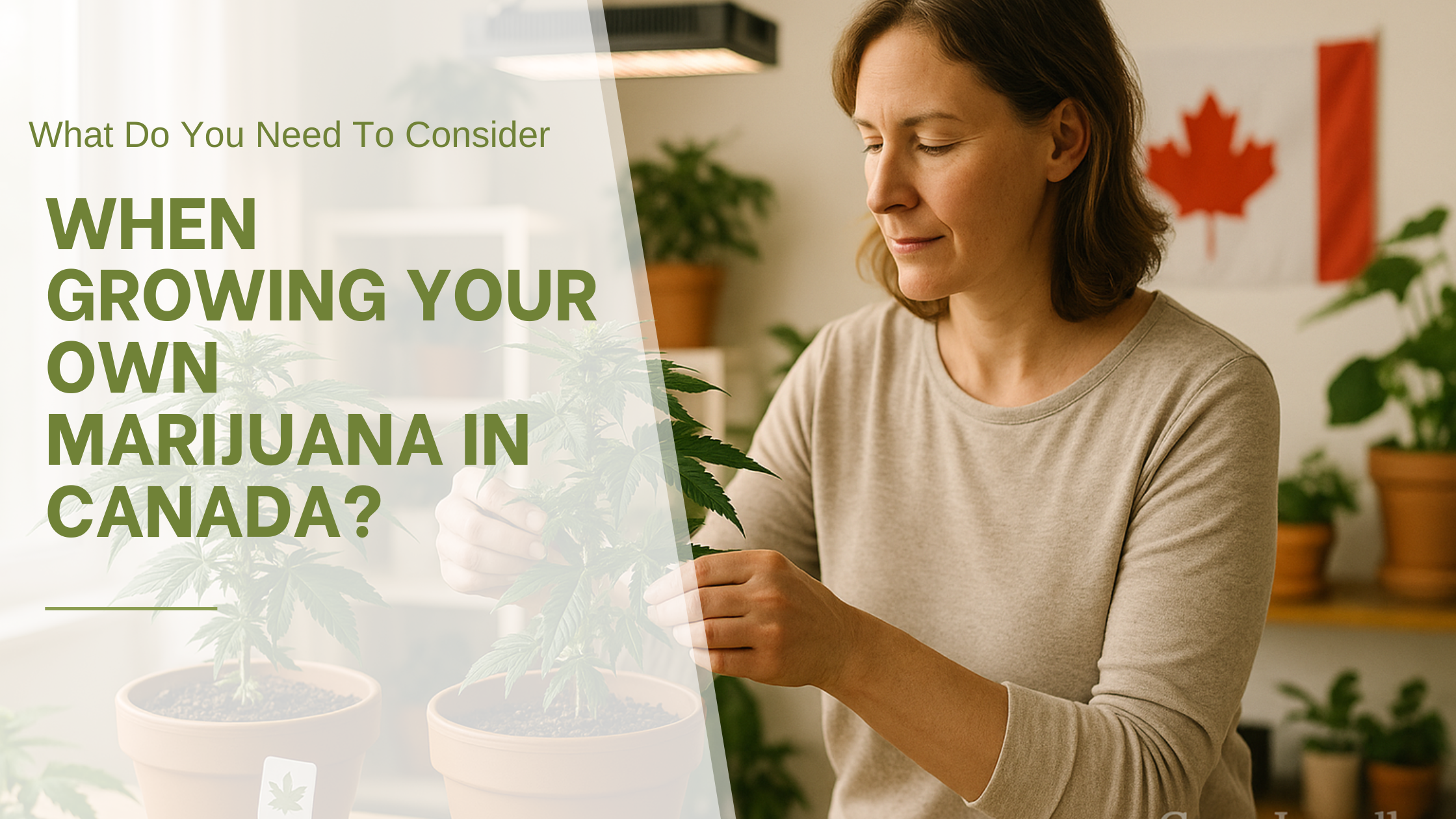


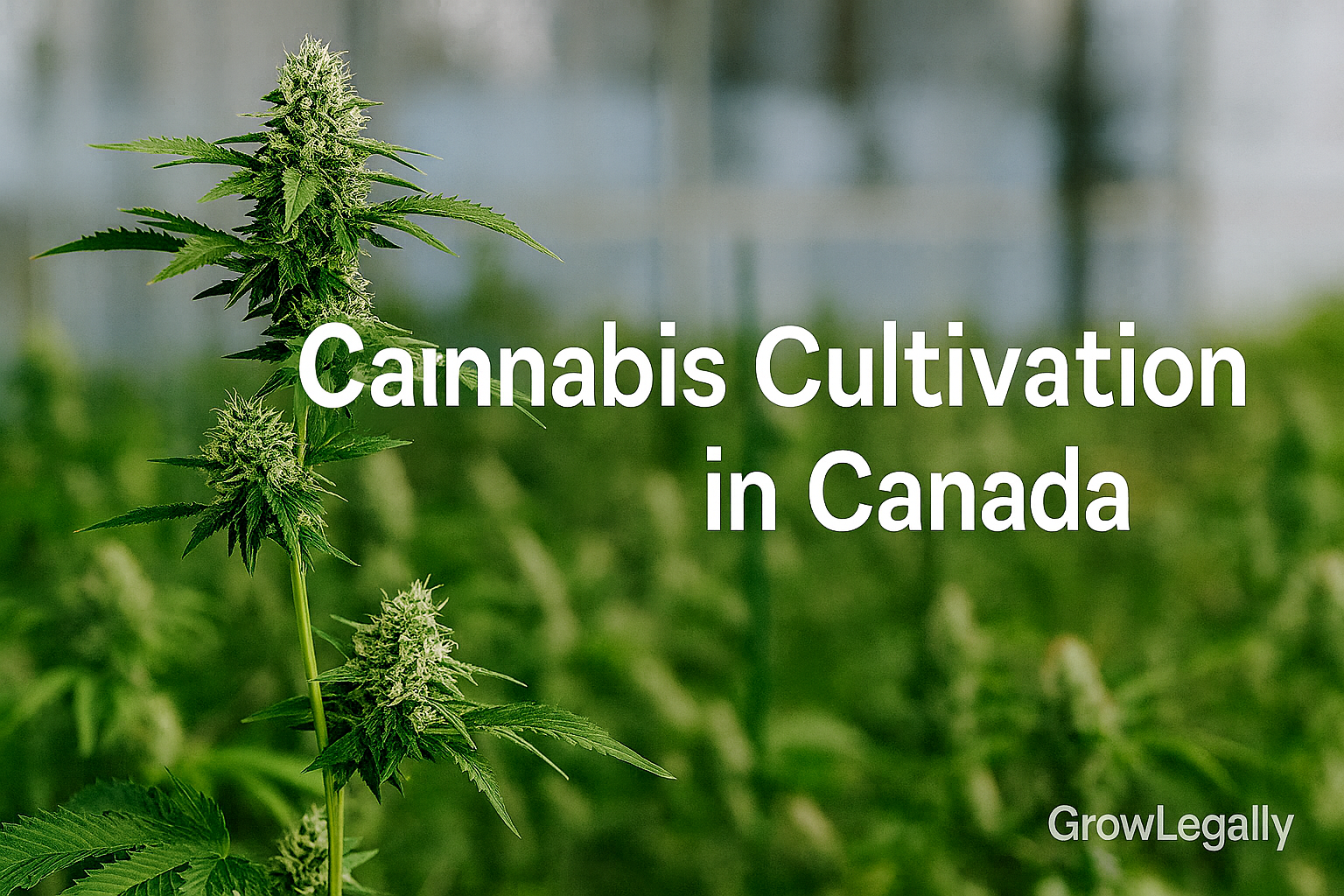





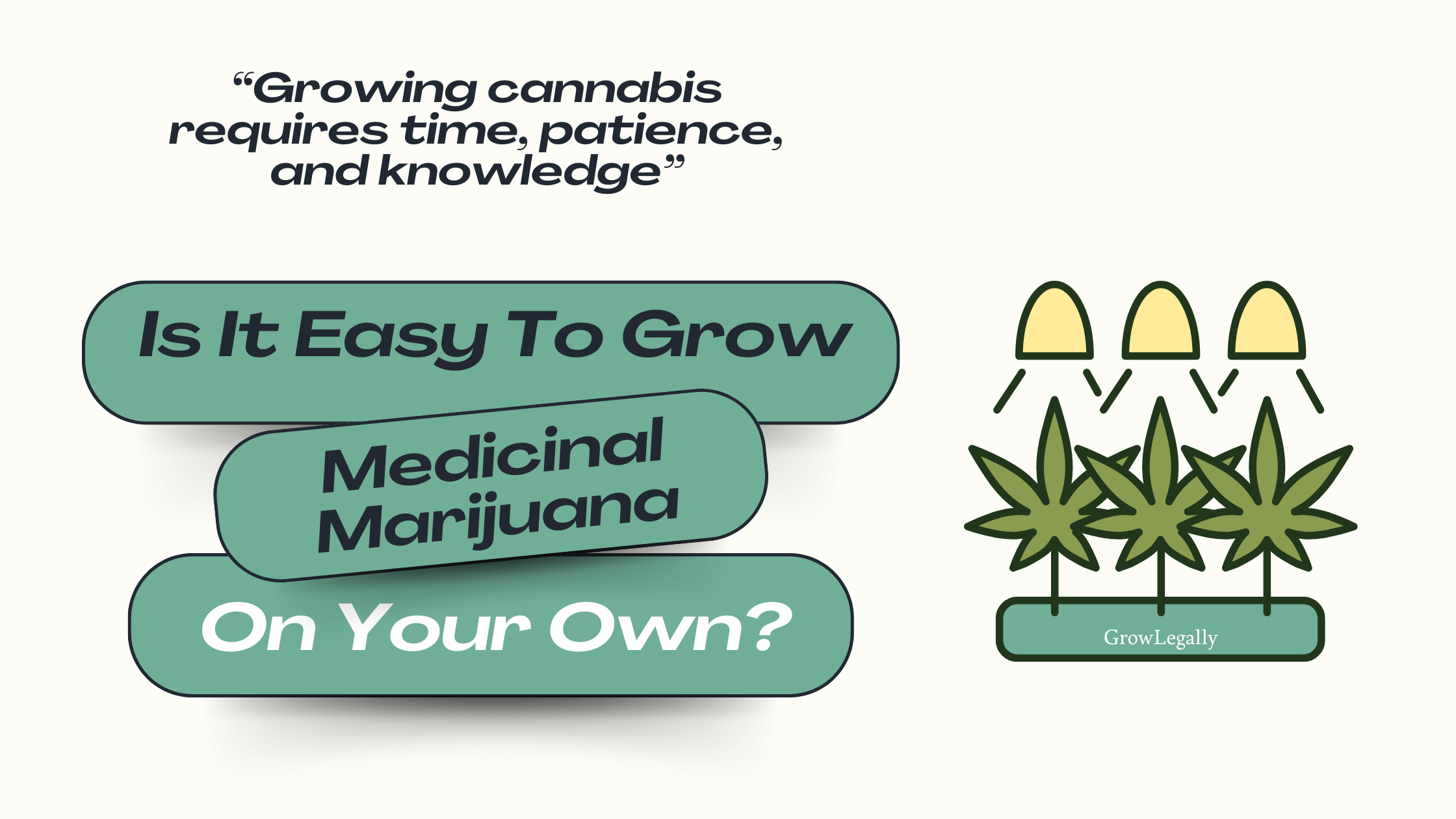






















.png)

















































.png)




























